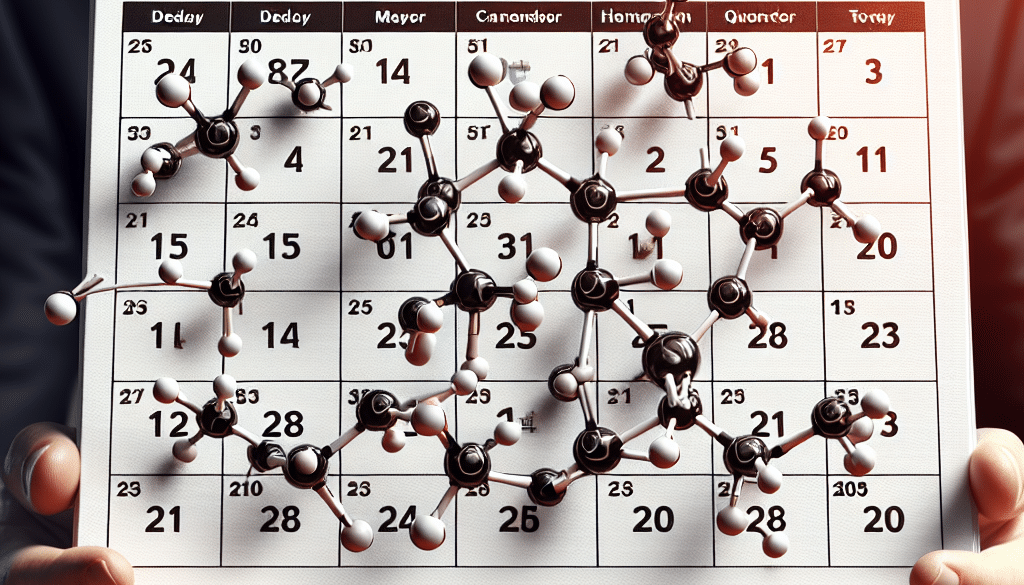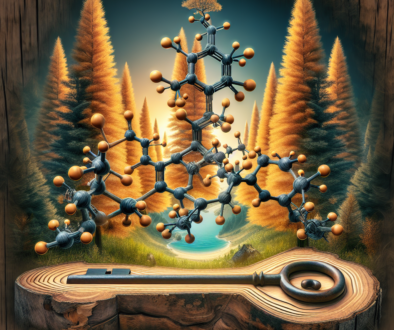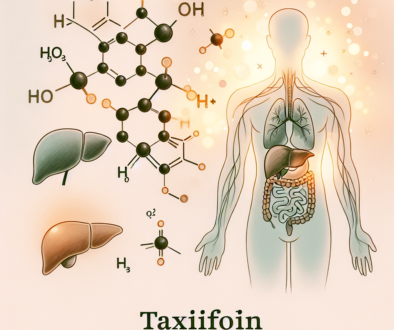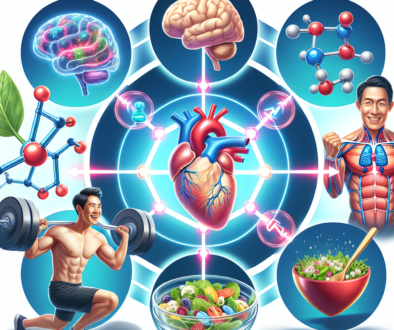Do l need quercetin daily?
-
Table of Contents
- Quercetin Daily: Do You Need This Powerful Antioxidant in Your Diet?
- Understanding Quercetin and Its Sources
- The Health Benefits of Quercetin
- Quercetin Supplementation: Is It Necessary?
- Factors to Consider
- Scientific Evidence on Quercetin Supplementation
- Case Studies and Clinical Trials
- Recommended Daily Intake of Quercetin
- Potential Risks and Side Effects
- Conclusion: Balancing Diet and Supplementation
- Discover ETprotein’s High-Quality Protein Products
Quercetin Daily: Do You Need This Powerful Antioxidant in Your Diet?
Quercetin is a flavonoid, a type of plant-based compound with antioxidant properties, found in many fruits, vegetables, and grains. It’s known for its potential health benefits, including reducing inflammation, fighting allergies, and even protecting against certain diseases. But the question remains: do you need to include quercetin in your daily diet? This article delves into the science behind quercetin, its benefits, and whether daily supplementation is necessary for optimal health.
Understanding Quercetin and Its Sources
Quercetin is part of a larger group of compounds known as flavonoids, which are present in a variety of plant foods. It’s abundant in onions, apples, berries, and capers, as well as in beverages like tea and wine. The concentration of quercetin in these foods can vary widely depending on factors such as the food’s maturity, how it was grown, and how it’s prepared and consumed.
The Health Benefits of Quercetin
Research has linked quercetin to a number of health benefits, including:
- Anti-inflammatory effects: Quercetin may help reduce inflammation, which is a root cause of many chronic diseases.
- Antioxidant properties: It can neutralize free radicals, which are harmful molecules that can damage cells and lead to aging and disease.
- Heart health: Some studies suggest that quercetin can improve blood pressure and reduce the risk of heart disease.
- Allergy relief: Quercetin may help alleviate allergy symptoms by inhibiting histamine release.
- Immune support: It may bolster the immune system and help fend off infections.
Quercetin Supplementation: Is It Necessary?
While quercetin is available in many common foods, the question of whether additional supplementation is necessary is complex. The bioavailability of quercetin—that is, the extent to which it is absorbed into the bloodstream and used by the body—is relatively low. This has led some to argue that supplementation could be beneficial, especially for those who may not get enough quercetin through their diet alone.
Factors to Consider
Several factors can influence whether you might need to supplement with quercetin, including:
- Your overall diet and how much quercetin it naturally includes
- Specific health conditions that might be alleviated by quercetin
- Individual differences in metabolism and absorption
Scientific Evidence on Quercetin Supplementation
Studies on quercetin supplementation have shown mixed results. Some research indicates that taking quercetin supplements can provide health benefits beyond what can be obtained from diet alone. However, other studies suggest that the benefits of quercetin may be overestimated, and that a balanced diet rich in fruits and vegetables provides sufficient amounts of this flavonoid.
Case Studies and Clinical Trials
Several clinical trials have investigated the effects of quercetin supplementation on various health outcomes. For example, a study published in the “Journal of Nutrition” found that quercetin supplementation reduced blood pressure in hypertensive patients. Another study suggested that quercetin could improve exercise performance and reduce inflammation in athletes.
Recommended Daily Intake of Quercetin
Currently, there is no official recommended daily intake for quercetin. Intake from a typical diet can range from 10 to 100 mg per day, depending on dietary habits. Supplements, on the other hand, can provide doses ranging from 500 to 1000 mg per day, which is significantly higher than what is typically consumed through diet.
Potential Risks and Side Effects
While quercetin is generally considered safe, especially when consumed through food, high doses from supplements can have potential risks and side effects. These may include:
- Upset stomach
- Headaches
- Potential interactions with medications
It’s important to consult with a healthcare provider before starting any new supplement regimen, including quercetin.
Conclusion: Balancing Diet and Supplementation
In conclusion, while quercetin has a range of potential health benefits, whether you need it daily depends on your individual health goals, dietary intake, and specific health conditions. For most people, a diet rich in fruits, vegetables, and whole grains will provide adequate amounts of quercetin. However, for those looking to address specific health concerns or who have limited dietary sources, supplementation may be beneficial. As with any supplement, it’s crucial to discuss with a healthcare professional before starting quercetin supplementation.
Discover ETprotein’s High-Quality Protein Products
If you’re looking to complement your diet with high-quality protein sources, consider ETprotein’s range of organic bulk vegan proteins. Their products, including Organic rice protein, pea protein, and various seed proteins, are non-GMO, allergen-free, and feature a neutral taste. ETprotein also offers L-(+)-Ergothioneine (EGT) in various grades suitable for nutraceutical, pharmaceutical, and cosmeceutical applications. Enhance your health and wellness routine with ETprotein’s premium protein offerings.
About ETprotein:
ETprotein, a reputable protein and L-(+)-Ergothioneine (EGT) Chinese factory manufacturer and supplier, is renowned for producing, stocking, exporting, and delivering the highest quality organic bulk vegan proteins and L-(+)-Ergothioneine. They include Organic rice protein, clear rice protein, pea protein, clear pea protein, watermelon seed protein, pumpkin seed protein, sunflower seed protein, mung bean protein, peanut protein, and L-(+)-Ergothioneine EGT Pharmaceutical grade, L-(+)-Ergothioneine EGT food grade, L-(+)-Ergothioneine EGT cosmetic grade, L-(+)-Ergothioneine EGT reference grade and L-(+)-Ergothioneine EGT standard. Their offerings, characterized by a neutral taste, non-GMO, allergen-free attributes, with L-(+)-Ergothioneine purity over 98%, 99%, cater to a diverse range of industries. They serve nutraceutical, pharmaceutical, cosmeceutical, veterinary, as well as food and beverage finished product distributors, traders, and manufacturers across Europe, USA, Canada, Australia, Thailand, Japan, Korea, Brazil, and Chile, among others.
ETprotein specialization includes exporting and delivering tailor-made protein powder and finished nutritional supplements. Their extensive product range covers sectors like Food and Beverage, Sports Nutrition, Weight Management, Dietary Supplements, Health and Wellness Products, and Infant Formula, ensuring comprehensive solutions to meet all your protein needs.
As a trusted company by leading global food and beverage brands and Fortune 500 companies, ETprotein reinforces China’s reputation in the global arena. For more information or to sample their products, please contact them and email sales(at)ETprotein.com today.












